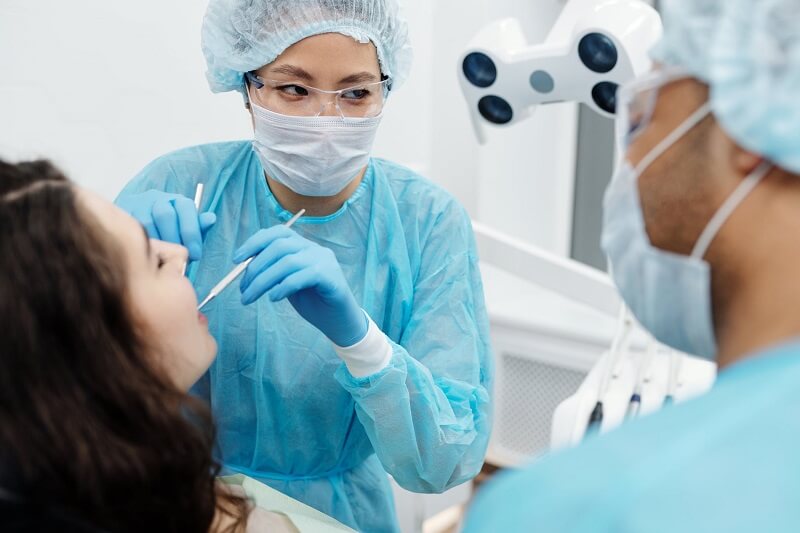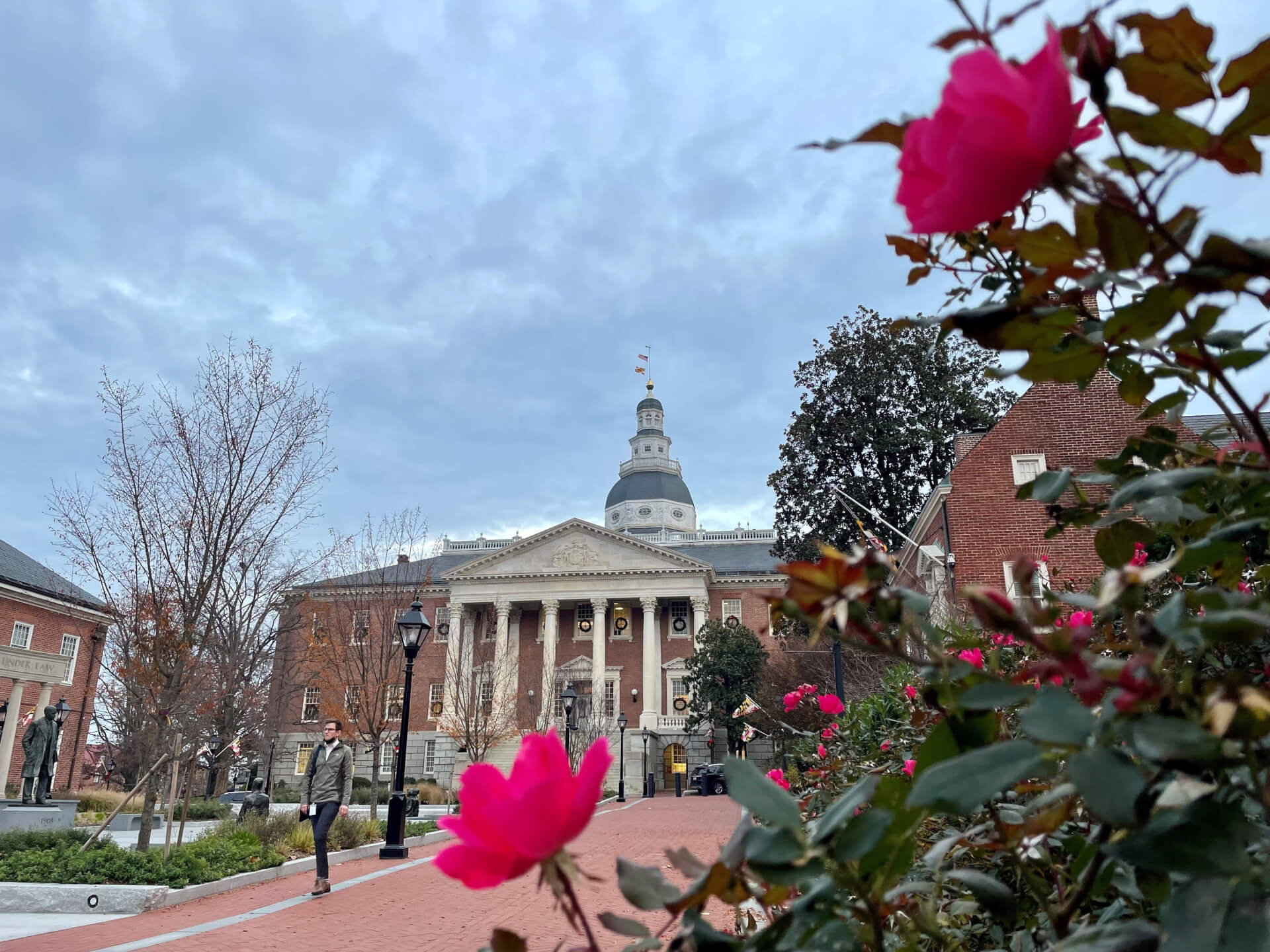Del. Bagnall: ‘Benign’ Law Offers Hope to Marylanders Seeking Oral Health Care

By Del. Heather Bagnall
The writer, a Democrat, was the House lead sponsor of HB 368, the Oral Health Task Force in Maryland. She represents District 33 in the Maryland General Assembly.
Since the elimination of Maryland’s Adult Dental Medicaid Program more than 30 years ago, many Marylanders have muddled through their oral health care needs with inconsistent care, if they receive care at all. Over a period of six years, between 2011 and 2017, Maryland lost 16 of its own citizens to dental cellulitis, an infection of the tooth at its root.
Tragically, each of these deaths may have been preventable with simple treatments and regular care. Unfortunately, regular oral health care remains out of reach for too many Marylanders, and just as we’ve seen in other areas, COVID-19 laid bare the disparities that exist for many of our residents.
Though we’ve made great strides in a more integrated system of health care in Maryland, we still need a comprehensive approach to address systemic and external barriers to effective, preventive oral health care.
The persistence of long-standing inequalities, combined with the COVID-19 pandemic, has resulted in an increase of individuals failing to receive routine dental health care. COVID has temporarily halted the large-scale Missions of Mercy across the state that thousands of Marylanders rely on for oral health care.
Thankfully, bills passed nearly unanimously in the Maryland state legislature have subsequently become law creating an oral health task force to recommend how we can best help all our residents obtain and maintain dental care.
There are several people to thank, but I am especially grateful for the support of Senate sponsor, Sen. Delores Kelly, chair of the Senate Finance Committee, and our colleagues including Senate President Bill Ferguson, Speaker of the House Adrienne Jones and the vice chair of the Health and Government Operations Committee Del. Joselyn Pena-Melnyk who took the reins and guided it through her subcommittee and the committee.
While The Baltimore Sun may have called it “benign,” this new law has the potential to make significant, data-driven recommendations to improve the health of our residents, and as we’ve seen, the impact of poor oral health care is far from benign. This statewide task force will consist of a collection of dental and health care professionals, led by the dean of the University of Maryland School of Dentistry and the Maryland Department of Health deputy secretary of public health services. It includes a variety of health professionals, including representatives from the education field and advocacy organizations as well as urban and rural communities.
The oral health task force will primarily examine the barriers keeping Marylanders from receiving the care they need. Many of the barriers to dental care are well-known, yet they have remained unstudied in a comprehensive manner in our state. And, as we see COVID-19 exacerbate inequalities across the state, the work of the task force becomes all the more urgent.
Facing these external problems is critical, as regular dental care helps prevent larger health problems, including dental cellulitis which can spread to the brain, heart disease and oral cancer.
There are any number of reasons why someone may not see a dentist as frequently as they should. Many simply cannot or believe they cannot afford the cost of dental care, and do not have insurance that will help them. Some have trouble finding child care, forcing them to delay or forego the care they need.
Others still may not think that they need oral health checks or have a disability that keeps them from accessing oral health services, and some are simply afraid of the visit, or costly follow-up visits to address dental issues, causing delays that can turn a minor issue into a major health concern.

Del. Heather Bagnall (D-Anne Arundel).
No matter the circumstances, everyone needs and deserves the best dental care.
The oral health task force will work to understand and offer recommendations to remove these obstacles that keep Marylanders from receiving comprehensive dental health care.
For example, let’s not just bemoan the fact that a patient is chronically late or continues to cancel appointments. Let’s understand why. Perhaps he/she must rely on four different buses to get to the appointment. How can we help that patient and the many others who fall into the same circumstances? These efforts will include addressing racial, ethnic and economic inequalities that exist.
While some may question the need for a Maryland oral health task force, existing work, while beneficial, is simply not enough to tackle these long-standing barriers to dental health. Previous plans presented a vision for the future of dental health care in Maryland, they did not offer comprehensive solutions to the problems associated with access to care, especially in adults.
A seemingly infinite number of obstacles are keeping families from making routine dental visits. Only a diverse task force of experts who can operate with a sense of urgency and shared purpose to work for a healthier Maryland will be able to effectively analyze these barriers to oral health.
For this to work, we must come together and analyze all aspects of the barriers and the solutions to each barrier. We must also realize that just as solutions that work in Maine or Arizona, may not work for Maryland, solutions that work in rural Maryland may not work in the cities and suburbs. We cannot be afraid to create new solutions that make sense for us.
The task force began its work last month. I look forward to seeing its recommendations and working with our state partners to turn recommendations into solutions for better comprehensive health care for all Marylanders.
As we work together to recover from the impacts of COVID-19, we find ourselves with a challenging opportunity to use this moment of reinvention to address longstanding, systemic barriers to comprehensive care.





 Creative Commons Attribution
Creative Commons Attribution